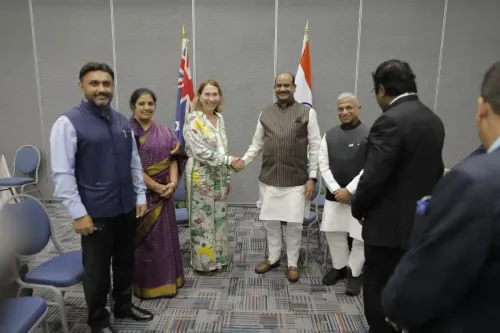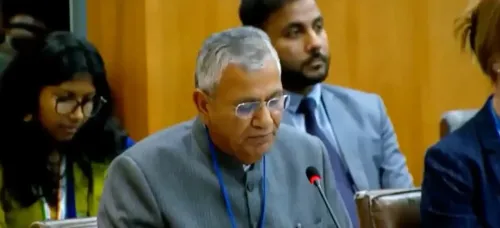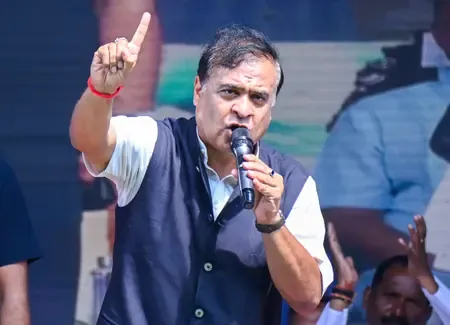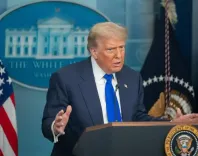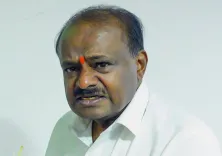Is Party-Hopping the New Trend in Bihar Politics?
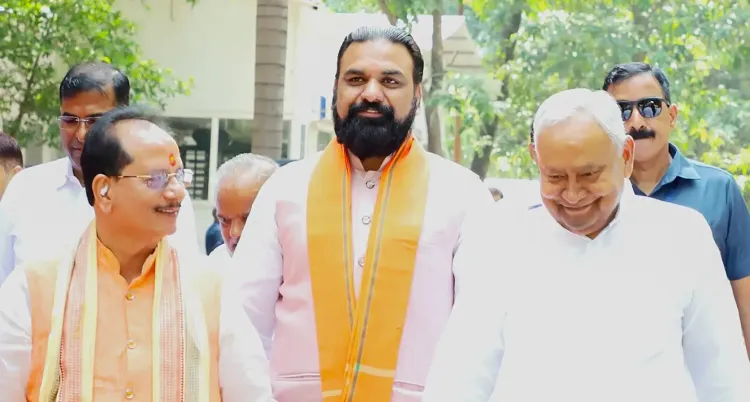
Synopsis
Key Takeaways
- Political leaders are increasingly switching parties ahead of Bihar's Assembly elections.
- Historical context shows that party-hopping is not a new phenomenon in Indian politics.
- Financial gain and power motivation are significant factors influencing defections.
- The anti-defection law was enacted to discourage political maneuvering.
- Party-hopping is observed in other countries as well.
New Delhi, Oct 9 (NationPress) As Bihar prepares for the upcoming Assembly elections on November 6 and 11, the political landscape is witnessing a flurry of activity as leaders switch parties in search of a more favorable outcome or a rise within their new party ranks.
Rashtriya Janata Dal (RJD) MLA Bharat Bind, previously reported to have joined the Bharatiya Janata Party (BJP) earlier this year, has recently tendered his resignation from the state Assembly.
In the 2020 elections, Bind secured victory from Bihar's Bhabua Assembly constituency, surpassing his closest rival, Rinki Rani Pandey of the BJP, by over 10,000 votes.
In a previous attempt in the 2015 Assembly elections, competing from the same constituency on a Bahujan Samaj Party (BSP) ticket, Bind finished third, trailing behind candidates from the BJP and Janata Dal-United (JD-U).
Interestingly, in 2015, JD-U did not align with BJP.
In a similar vein, Congress MLA Murari Prasad Gautam, who triumphed over JD-U's Lalan Paswan by 18,000 votes in the Chenari Assembly seat during the 2020 elections, has also resigned.
It’s noteworthy that Paswan had secured the seat in 2015 as a candidate from the Rashtriya Lok Samata Party (RLSP).
Former Union Minister Nagmani Kushwaha has established or changed nearly a dozen political parties over the past 23 years.
The septuagenarian Dalit leader is accompanied by the sexagenarian Upendra Kushwaha, another former Union Minister who has transitioned between organizations approximately six times.
Currently serving as Bihar's Deputy Chief Minister, Samrat Choudhary has also held leadership positions in the state's major political parties prior to joining the BJP.
Nitish Kumar, the Chief Minister and JD-U supremo, has earned the nickname 'paltu ram' or the flip-flop man due to his frequent changes in alliance partners.
This practice echoes the legacy of the late Ram Vilas Paswan, known as the political weathercock, who would align with the predicted winning side even before election results were declared.
Former Chief Minister Jitan Ram Manjhi has also been known to shift alliances over the last decade.
Party hopping is not a new occurrence.
In 1967-68, there were numerous party switches among legislators in various states.
This led to the establishment of the Y.B. Chavan Committee in 1969 to address defection issues.
Between India's first and fourth general elections (1951-1967), there were approximately 540 recorded instances of defection.
This trend is also evident among Independent candidates, particularly in cases of hung verdicts.
Commonly referred to as 'horse trading', the allure of financial gain and political office significantly influences these defection decisions.
The Constitution (Thirty-second Amendment) Bill of 1973 was introduced to constitutionally disqualify defectors.
However, it became stalled due to the dissolution of the fifth Lok Sabha in 1977.
The Constitution (Forty-eighth Amendment) Bill of 1979 faced withdrawal after opposition from both ruling and opposition members.
After the 1984 elections, the Constitution (Fifty-second Amendment) Bill was introduced, which ultimately resulted in an anti-defection law enacted in January 1985 to curb party-hopping.
Nevertheless, it is crucial to acknowledge an individual's right to choose a political party in a democratic framework.
The phrase 'Aya Ram, Gaya Ram' reflects the tumultuous journey of party-hoppers.
In Haryana, Bhajan Lal was once dubbed the 'master of horse-trading' for his persuasive skills and ability to forge cross-party alliances.
Legislators like Hira Nand Arya and Gaya Lal are still remembered for their political twists.
This phenomenon of political maneuvering isn't confined to India; similar instances can be found in countries like Britain and Australia.

